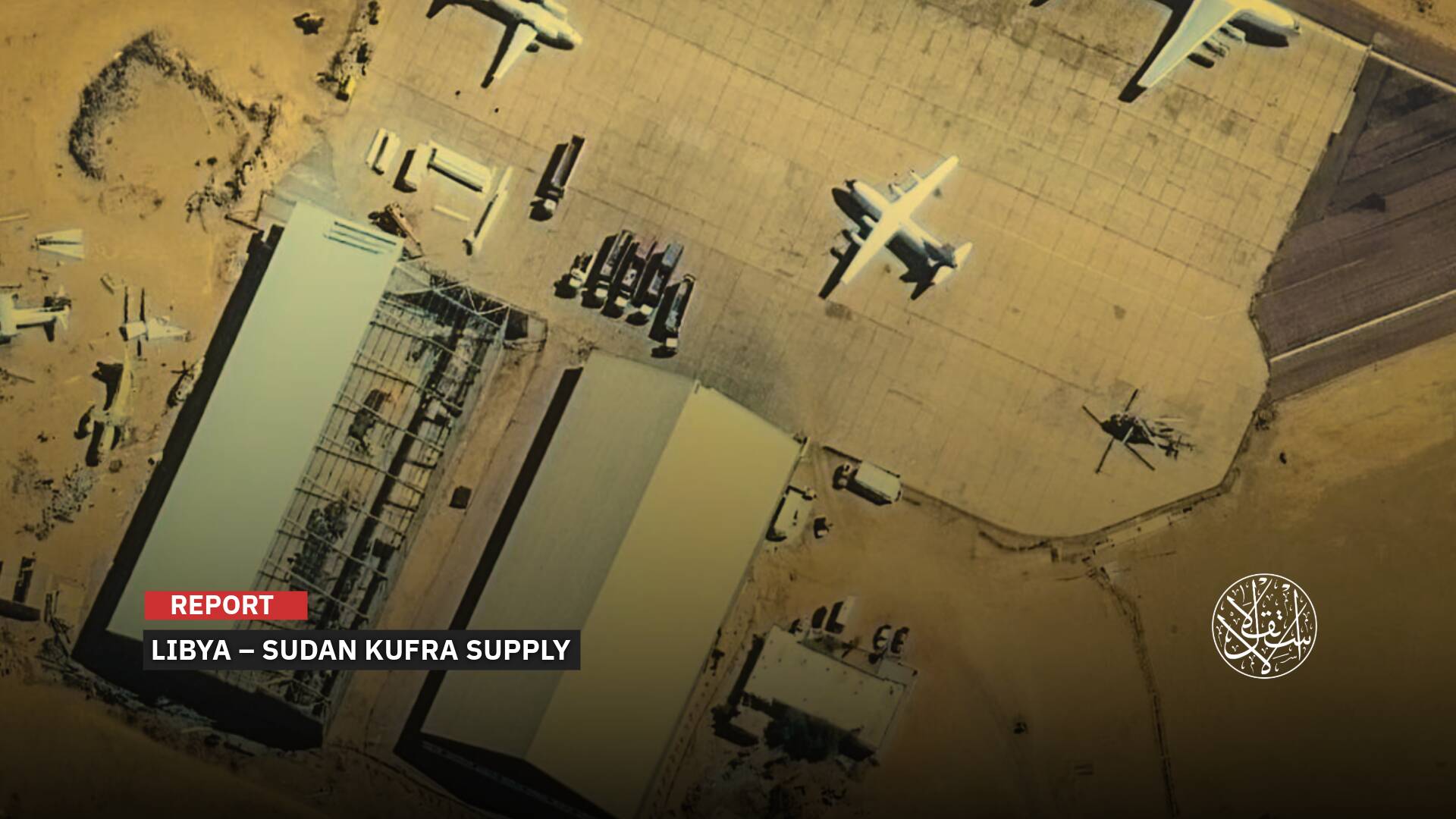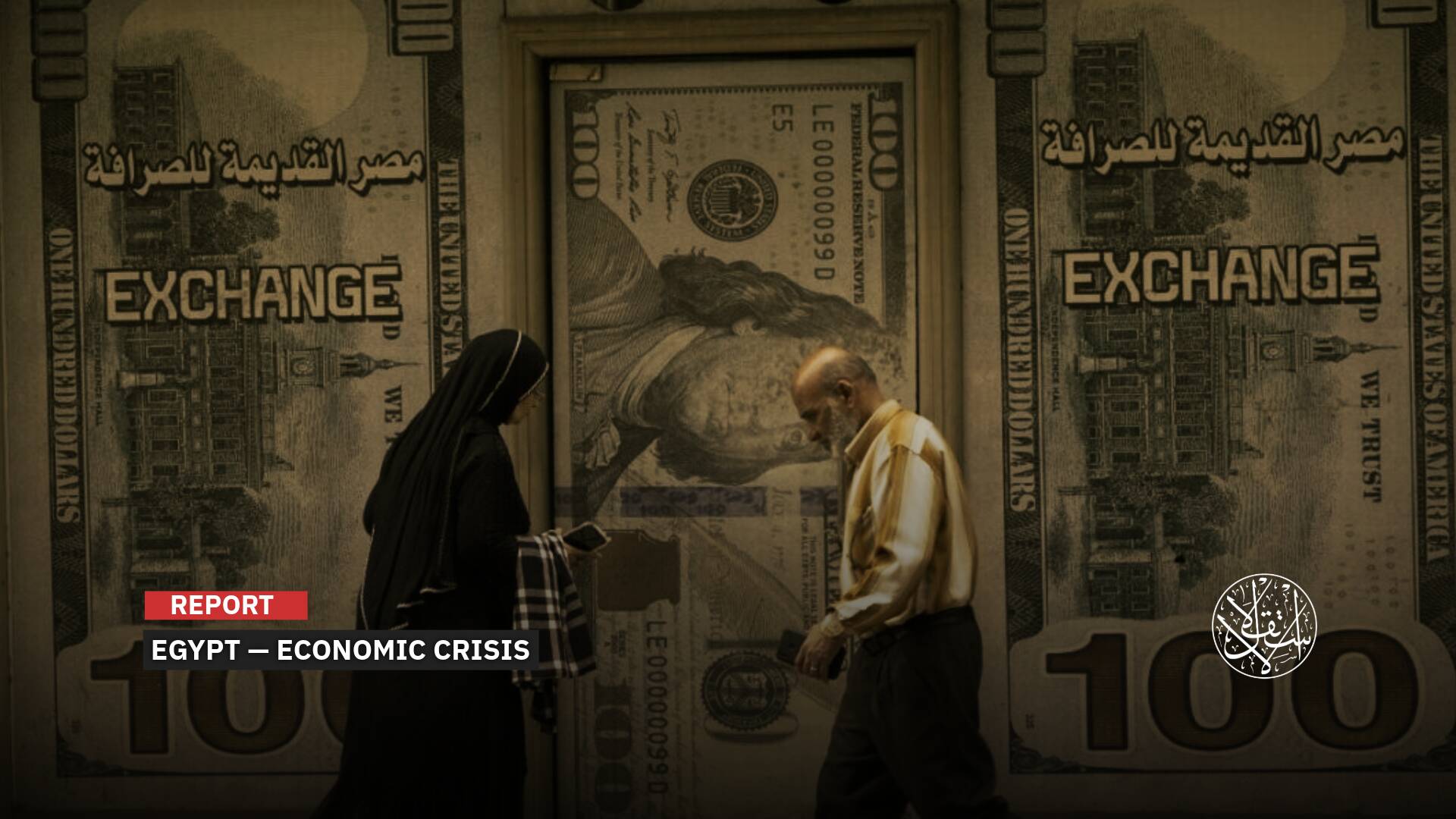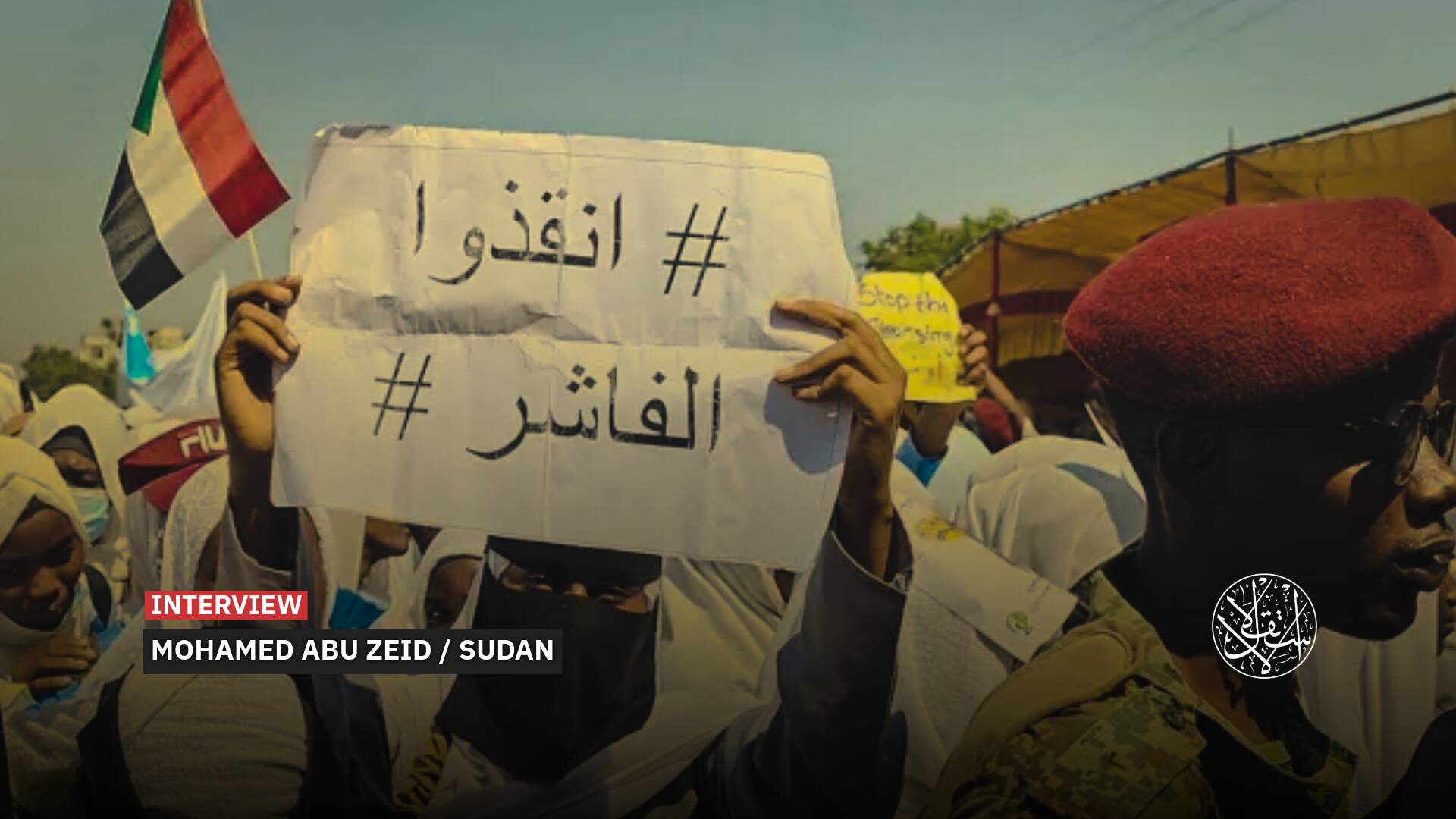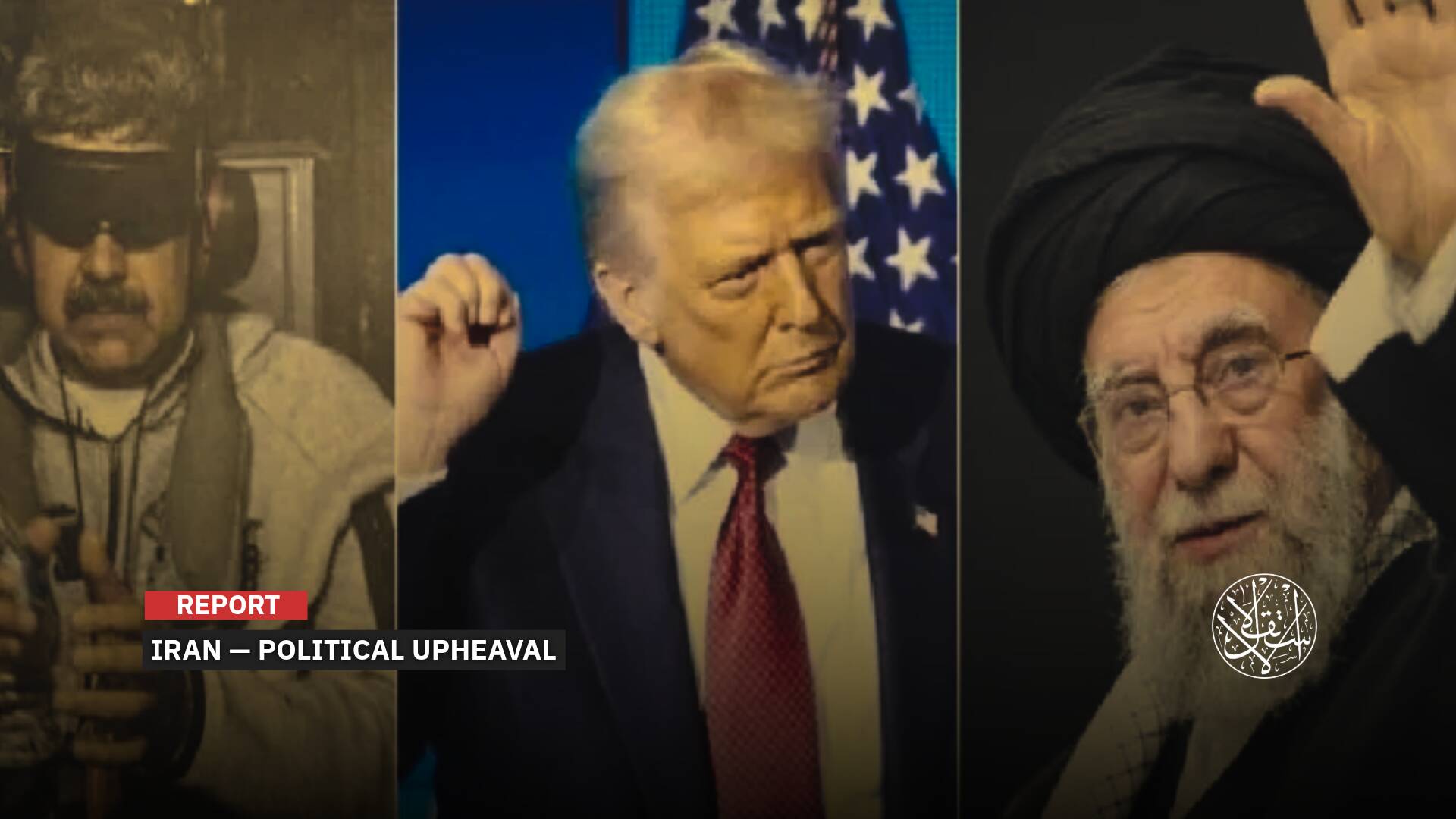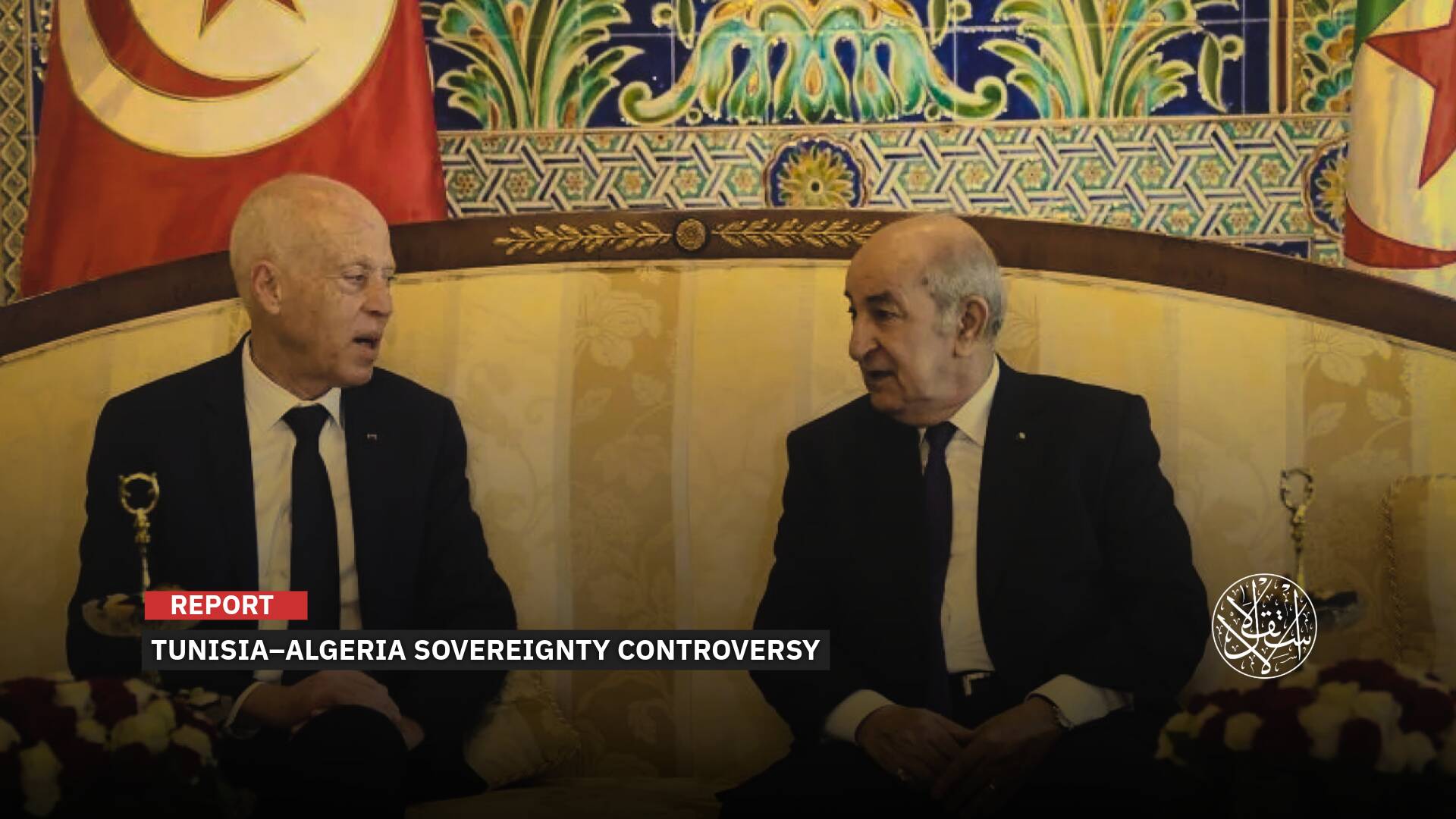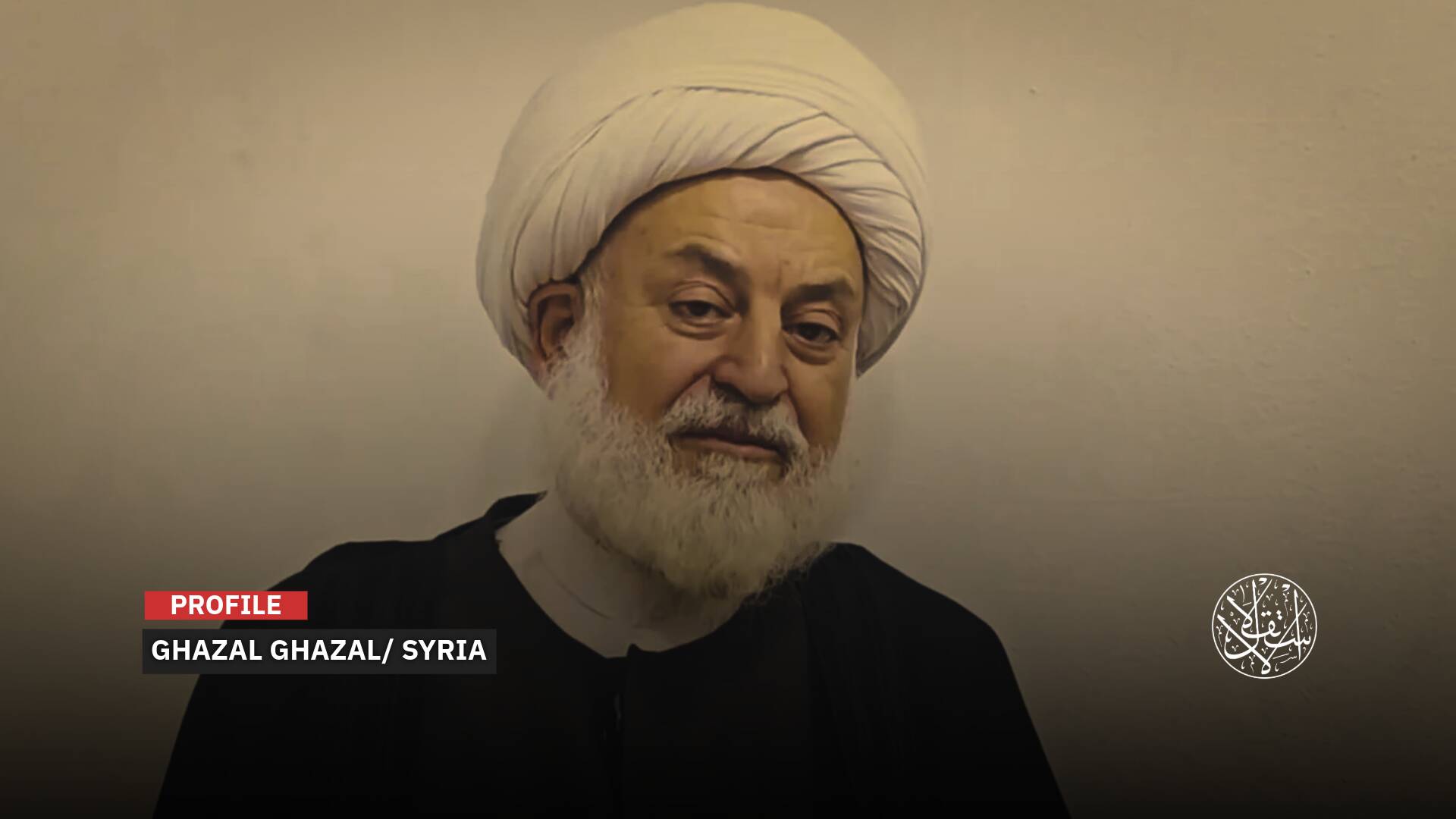'Absolute Dependence'; Publico: Sisi Submits to 'Israel' in Hope of Remaining in Power

A Spanish newspaper highlighted what it called the "dependency" of Egyptian regime president Abdel Fattah el-Sisi on "Israel's growing" policies, which led him to vigorously defend its policies in the region.
The policies defended by Sisi "only stimulate virtual stability in the short term," the Pùblico newspaper said.
In the Middle East, which has changed dramatically from before 2011, Sisi knows that his stay in power is closely linked to Israel's instructions to Arab countries.
Fragile Situation
The newspaper said Egyptian diplomatic activity, which has gained some strength in recent months, has been extremely fragile given that Sisi's government has been in a remarkably vulnerable position since the 2013 coup that removed the Muslim Brotherhood from power.
Under the current circumstances, Sisi has a fundamental interest in maintaining close ties with the United States and Israel, the region's two dominant powers, the paper said.
However, his vulnerability became even greater when President Joe Biden described him during the campaign as "(former President Donald) Trump's favorite dictator" and warned that conditions would change when he entered the White House.
The situation has not changed despite eight months in office, the paper said.
In a remarkable move, Americans suspended a $130 million military aid package for Egypt, but it is only a symbolic decision that reflects Biden's negligence of the resounding threats he made during the campaign.
In fact, this deduction represents only 10 percent of Washington's $1.3 billion in total aid to Cairo annually.
Biden recently agreed to provide $300 million in aid to Egypt, which Congress has suspended because of the deteriorating human rights situation, the paper said.
It is a circumstance that once again underscores the fact that the White House has changed its attitude toward a country that was at its forerunner in the Arab world, but whose influence is now at its lowest level, and depends on policies dictated by Israel.
Hebrew Channel 12 revealed a few years ago that Sisi had spoken with the then prime minister, Benjamin Netanyahu, on a daily basis.

In this sense, it is very likely that these contacts will continue frequently with the new prime minister, Naftali Bennett. This fact underscores Sisi's weakness and his practically absolute reliance on Israel.
The newspaper noted that Sisi is denied any political weight role in the region, prompting him to focus on his maneuvers in the Gaza Strip.
It says Sisi is pretending to act as an intermediary between Israel and the Islamic resistance movement Hamas, while actually putting his activities at the service of Tel Aviv.
In this way, Sisi hopes to get some services from Israel's influential lobbying in Washington, in return.
Failed Maneuver
Pùblico said Sisi's latest maneuver, initially revealed by London's Rai al-Youm newspaper, is a plan to relaunch negotiations between Israel and the Palestinians.
To do so, Sisi contacted Israelis and Palestinian Authority President Mahmoud Abbas, but it is clear that the most likely outcome of this maneuver is to extend the time that Israel will naturally use to intensify construction in Jewish settlements in the occupied West Bank.
Sisi met Abbas and Jordan's King Abdullah on September 2, 2021, to provide some form of mobilization for his efforts, but it is clear that nothing good can come from this kind of meeting, the paper said.
In any case, all participants are aware of this fact, especially since Israel does not intend to negotiate seriously, a fact that Bennett and many of his ministers publicly acknowledge.
Al-Rai al-Youm newspaper, quoting official Arab sources, said Egyptians maintain contacts with several Arab and European countries.
But Europe, led by German Chancellor Angela Merkel and French President Emmanuel Macron, has turned its back on the Palestinian cause, which is crucial to ensuring security and stability on that continent and the Middle East.
In fact, these migrants often send money to their families and thus contribute to Egypt's economic development.
In contrast, those who migrate to the United States and Europe tend not to return and contribute less to Egypt's development.
The latest State Department human rights report denounces a long list of violations in Egypt, including extrajudicial killings and the detention of political activists, the paper said.
U.S. Secretary of State Anthony Blinken, however, has allowed financial assistance to the Egyptian regime, contrary to congressional opinion.
It is clear that both Blinken and the Egyptians know very well that the human rights situation will not improve in the near future, and may not improve in the long run, because severe repression is necessary for Sisi to remain in power.
On the contrary, Sisi will last only a few weeks or a few months in power. Blinken, who is implementing a disastrous policy in the Middle East, avoids causing problems, the paper said.
Through this escape, he avoids confronting Egypt, among other things, because Sisi is happy to implement policies that are in Israel's interest in the region, as is the case for Blinken.
In a statement, 19 international human rights organizations operating in Egypt said that U.S. policy toward the country of Pharaohs, with a symbolic $130 million deduction, gives Sisi an absolute mandate to continue circumventing human rights. Now, it seems clearer than ever that Washington does not care about this aspect.
The Spanish newspaper reported that Sisi continues to consolidate his dependence on Israel, and in September he took another step in this direction when he received Naftali Bennett in the Sinai Peninsula.
The meeting was presented as the first by an Egyptian regime president and an Israeli prime minister in a decade, but in fact, contacts between the leaders of the two countries are very intense, and this actual meeting between the two does not change anything, the newspaper concludes.



